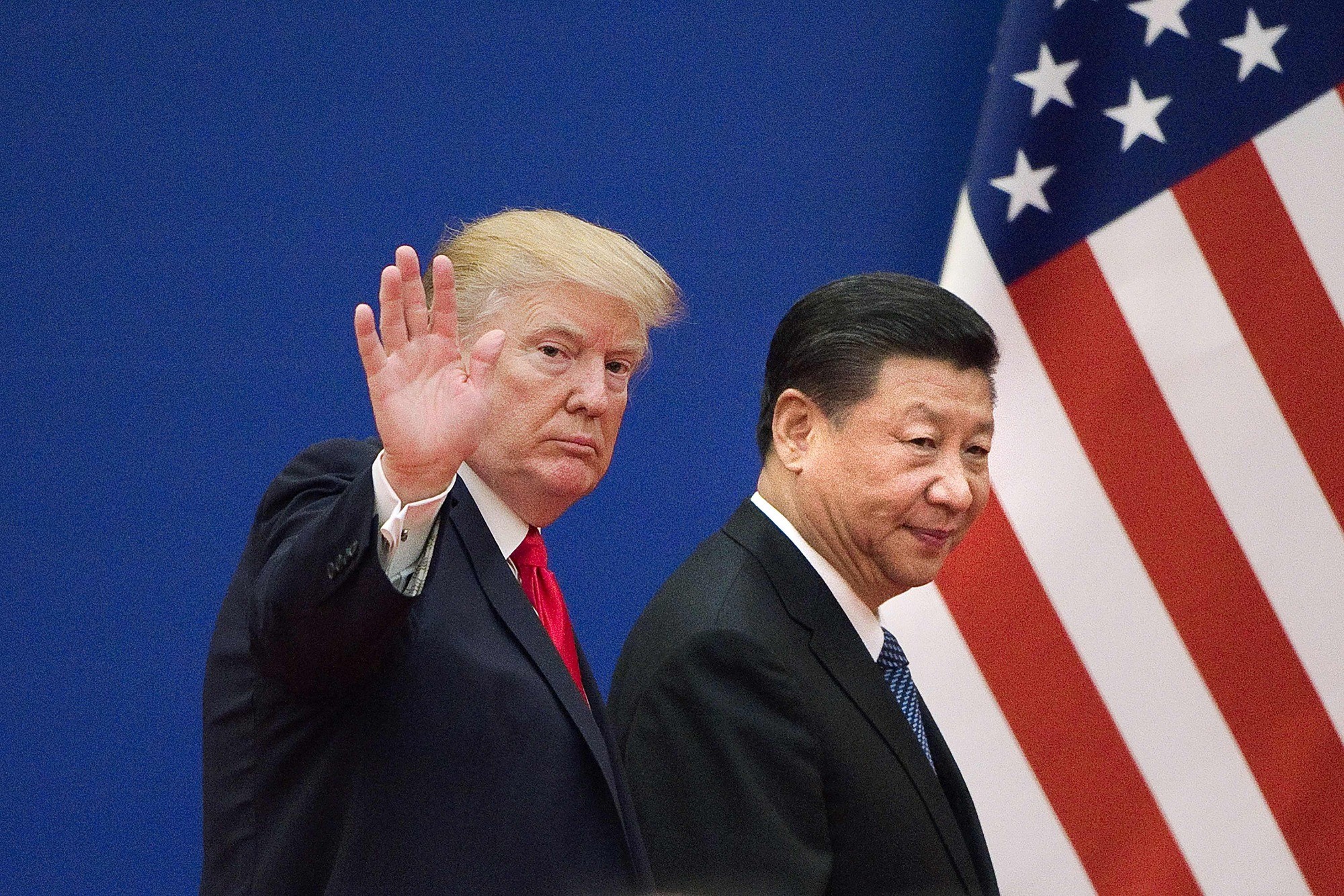Dow Bleeds Below 25,000: Why Trade War Chaos is Rattling the Stock Market

| Source: AP Photo / Richard Drew
Headlined by a plunging Dow, the U.S. stock market drifted further into the red on Friday after President Trump confirmed he will not meet China’s Xi Jinping before a self-imposed deadline to finalize a new trade agreement.
DOW ON TRACK FOR WORST LOSING STREAK OF 2019
All of Wall Street’s major indexes extended their slide on Friday, putting them on track for the longest losing skid of 2019. The Dow Jones Industrial Average plunged 187 points, or 0.8%, to 24,981.64. The index opened with a triple-digit loss, reflecting a volatile pre-market session for Dow futures.
The broad S&P 500 Index declined 0.6% to 2,690.49, with ten of 11 primary sectors recording losses. Energy stocks were the biggest laggards, falling 1.5% on average. Shares of materials and financial companies also fell more than 1%.
The technology-focused Nasdaq Composite Index was nursing losses of 0.4% to trade at 7,259.31.
A measure of implied volatility known as the CBOE VIX continued higher on Friday, as jittery investors backed off riskier assets. VIX climbed 7% to 17.55 on a scale of 1-100 where 20 represents the historic average.
TRADE WAR TURMOIL SHINES SPOTLIGHT ON GLOBAL GROWTH WOES

U.S. President Donald Trump confirmed Friday he will not meet with Chinese counterpart Xi Jinping ahead of a March 1 trade-deal deadline. The news cast a dark shadow over trade talks, which have apparently stalled in recent weeks.
China and the U.S. had agreed to suspend trade hostilities for 90 days to get a new deal in place by March. At this juncture, a comprehensive agreement seems unlikely. This echoes previous statements by Commerce Secretary Wilbur Ross, who said both countries remain “miles and miles apart” on a new deal.
A tariff war between the two superpowers has serious repercussions on the global economy. The International Monetary Fund (IMF) has already lowered its outlook on global growth this year and next due to economic headwinds in China and the threat of an all-out trade war.
Earlier this week, the Bank of England (BOE) reignited fears of a synchronized slowdown in global growth by slashing its GDP outlook this year and next. The British economy, Europe’s second largest, is now expected to grow a paltry 1.2% in 2019.
Featured Image from AP Photo / Richard Drew
